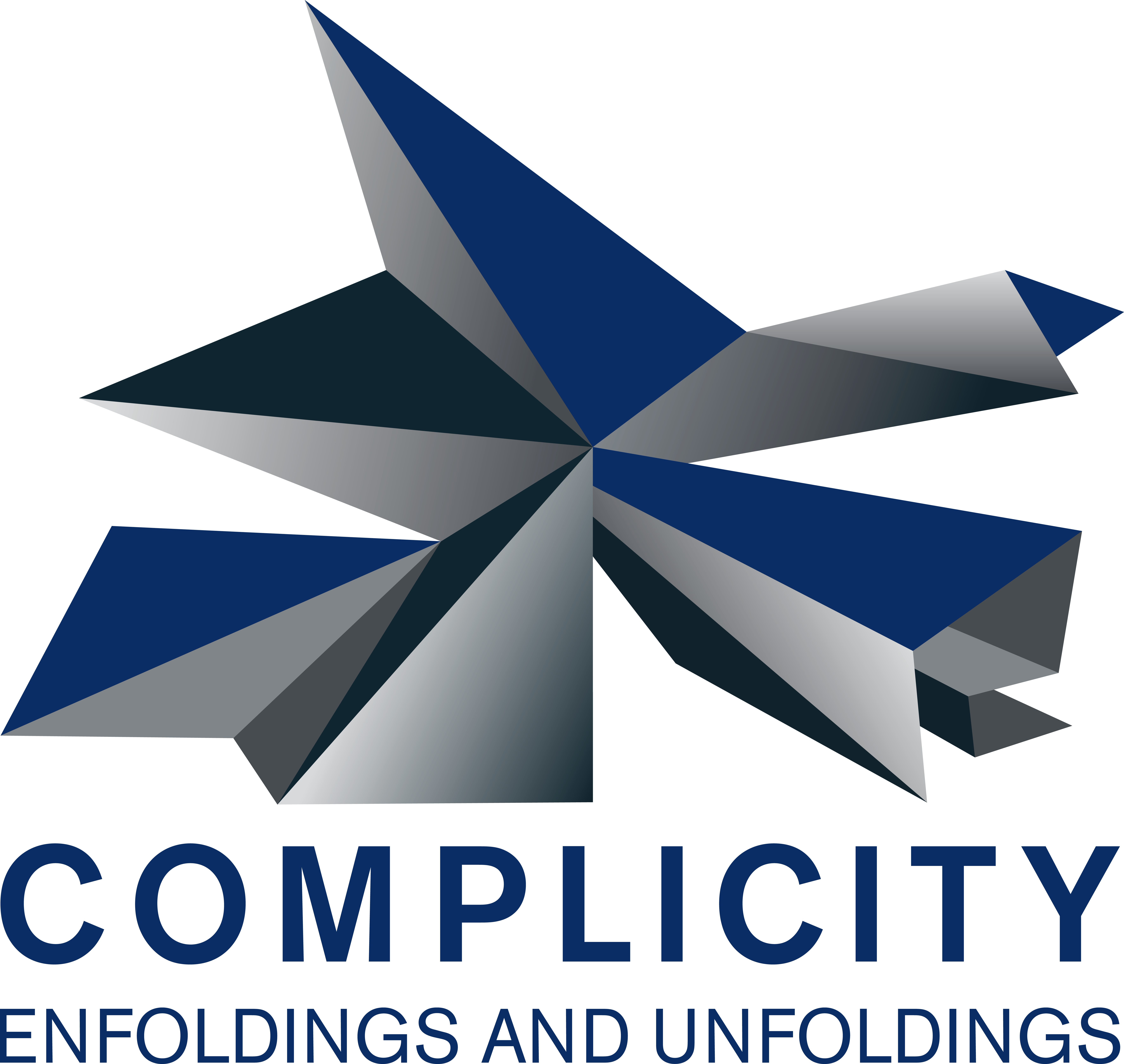(Syracuse University, New York)
“Willful Ignorance: Insights for Understanding White Complicity”
“Complicity…is the starting point and the condition of ethics itself.” (Fiona Probyn)
The study of complicity spans many disciplines and is applied to a wide range of topics and situations. Scholars in various fields have noted how the meaning of complicity shifts depending on the context and focus (Lepora and Goodin, 2013; Afxentiou, Dunford, and Neu, 2017). This paper focuses on white complicity in the context of higher education and, more specifically, how well-intended white students who perceive themselves as paragons of anti-racism employ practices that insulate themselves from examining their individual and collective roles in the maintenance of systemic racial oppression. White denials of complicity obstruct the ability of white students to engage with what students of color are trying to tell them and contribute to the racial battle fatigue that students of color so often experience. As Mark Sanders underscores, acknowledging complicity, however, can provide a basis for progressive resistance. The willingness to consider, rather than deny, one’s complicity in racism is, to paraphrase Fiona Probyn, the starting point and the condition of social justice pedagogy itself.
In this paper, I begin by elucidating the meaning of white complicity and provide instances, emphasizing both that complicity is inherently connected to being white and that white complicity does not entail passivity. One of the perplexities of white complicity involves how these two characteristics hold together. Another question arises about the unavoidability of white complicity. To quote Probyn once again, “a white studying whiteness trying not to reinscribe whiteness” is a paradox. In the second section, some of the discrepant yet important philosophical analyses of complicity (Christopher Kutz, Robert Goodin, and Mark Sanders) and the cases that are at the heart of their analyses are surveyed. How these cases are different from the paradigms of white complicity is considered. The section concludes inquiring whether these analyses of complicity can adequately encompass white complicity.
Finally, I situate the concept of white complicity within Kristie Dotson’s framework of epistemic oppression, and more specifically her emphasis on willful ignorance. A review of the scholarship around the concept of willful ignorance that has evolved from the study of epistemic injustice is undertaken. Insights for our understanding of white complicity are teased out and how conceptions of willful ignorance help to deal with the questions described above are addressed. Implications for social justice pedagogy are considered.
